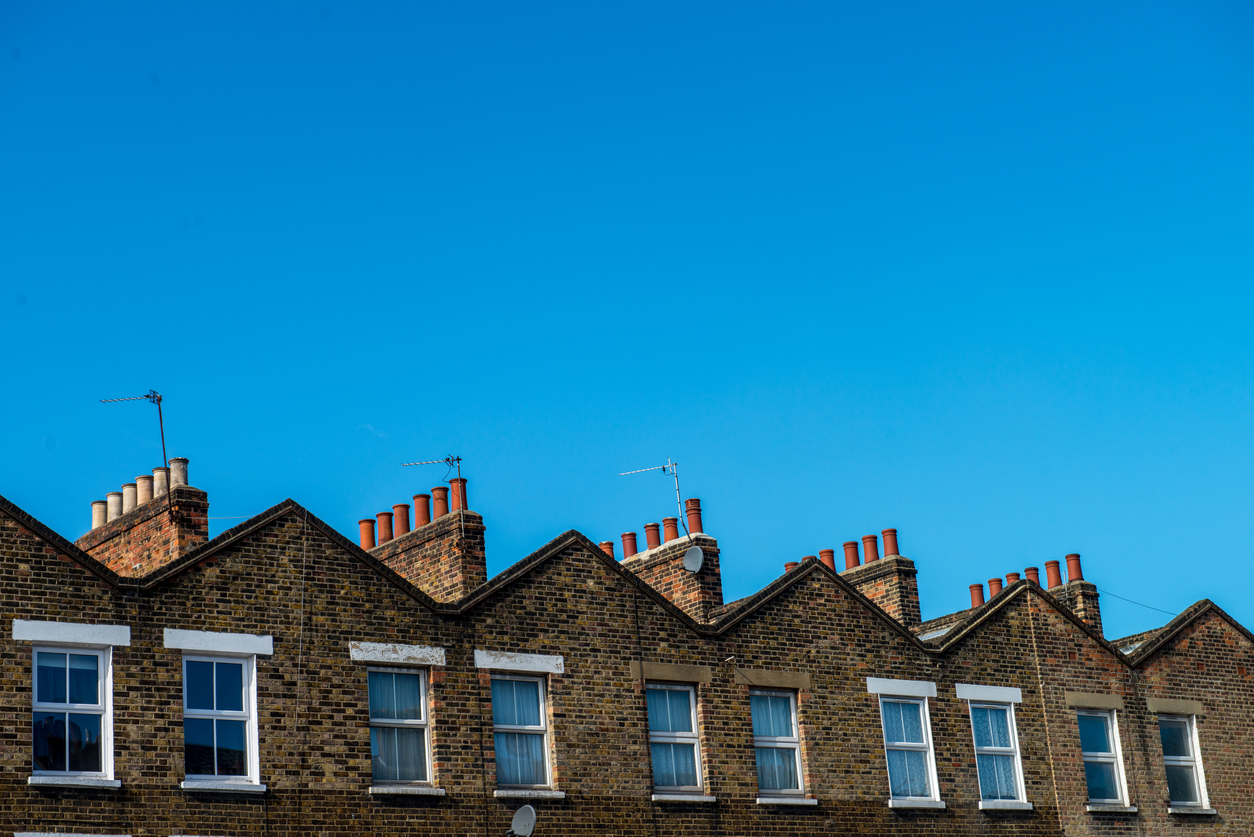Amid the back and forth during today’s Spring Statement over who really crashed Britain’s economy, the Office for Budget Responsibility (OBR) published a 180 page document that makes grim reading for Labour and anyone looking to get on the housing ladder. Labour was elected with a pledge to build 1.5 million homes during its term. Backing the builders not the blockers has become the number one priority for the current government.
That OBR document pours cold water on that ambition. It projects that 1.3 million homes will be built from now until the end of the decade. But that’s across the entire UK and Labour’s pledge only applies to England. It is likely that 1.1 million of those homes will be built in England, leaving Labour 400,000 homes short of their goal. That 400,000 is the same number of homes as in Milton Keynes, Newcastle, and Plymouth combined.
Even worse for Labour, the OBR doesn’t seem to give them much credit for the reforms they’ve made so far. Of those 1.3 million homes, the OBR reckons only 13 per cent will be built thanks to Labour’s planning reforms.
You would expect Labour to blame this on their grim inheritance from the Tories. And there is some truth to this. Housebuilding has slumped by a third since 2019. But Labour already knew this when a glitter-bombed Keir Starmer made the 1.5 million pledge at the 2023 Labour party conference. So ultimately, Labour is fully responsible for its housing pledge – and time is running out.
To meet its target, the government could cancel its scrapping of the urban uplift (which forced cities to build more houses). In doing so, it effectively rewarded Sir Sadiq Khan’s failure to build in London with a lower housing target. This might force the London Mayor to reconsider his home-blocking Strategic Industrial Land policy. At the moment, land within walking distance of 11 tube stations and Old Oak Common’s future HS2 station is being preserved by the Mayor for a McVitie’s factory, some warehouses and an oddly high number of Lebanese bakeries.
Labour could also speed up their new town plans. The government has given a taskforce a whole year to find sites for these proposed new towns. This is unnecessary – there are easily a dozen sites that would work already. At the moment, whether anyone will live in a Labour New Town by the next general election is an open question. This is a shame. Given the size of the government’s majority, it really should be possible to build at least one home in a new town in the space of five years.
Ultimately though the make or break for Labour’s housing dreams comes down to its ‘brownfield passport’ – which will allow building on previously used land. When this policy was announced, little detail was given and it is still shrouded in uncertainty. But if done well it could transform the country. We often hear that cities like London are completely full. But they are actually filled with swathes of semi-detached suburbia. Just replacing these with terraces within walking distance of a London tube or rail station could add upwards of 900,000 homes.
The idea behind a brownfield passport is that if a development meets a set criteria, it should receive planning permission quickly. New Zealand has done something similar by making it easier to build in town centres and near public transport spots. In Auckland rents are down by a third. If this was replicated in London, the average couple could save £6,000 a year.
The saving grace of the OBR’s report is that it conclusively shows that more house building boosts Britain’s stagnant economy. In the long-term Britain’s GDP will be 0.5 per cent higher based on the reforms that Labour have made, a £13 billion boost to the British economy just from building homes in the right areas. This growth comes without the government spending a single pence of taxpayer money. All it has to do is make it easier to build houses. Just think how much richer we could be if this went even further.
The OBR’s report that Labour is not on track to meet its house building goal should kick start the party back into action. Labour’s current reforms have made progress in tackling our massive housing shortage. But the party cannot rest on its laurels if it actually wants to get Britian building again.








Comments